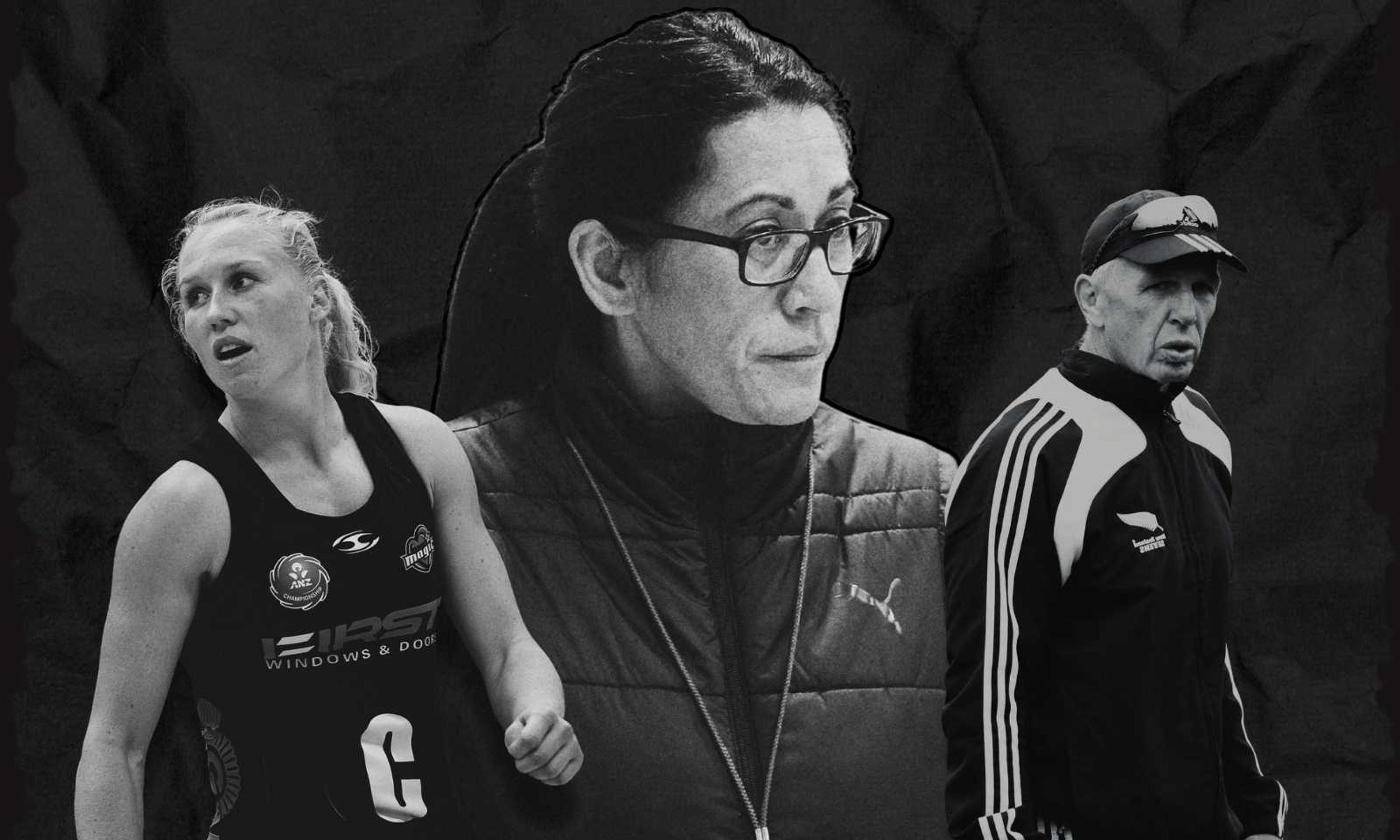
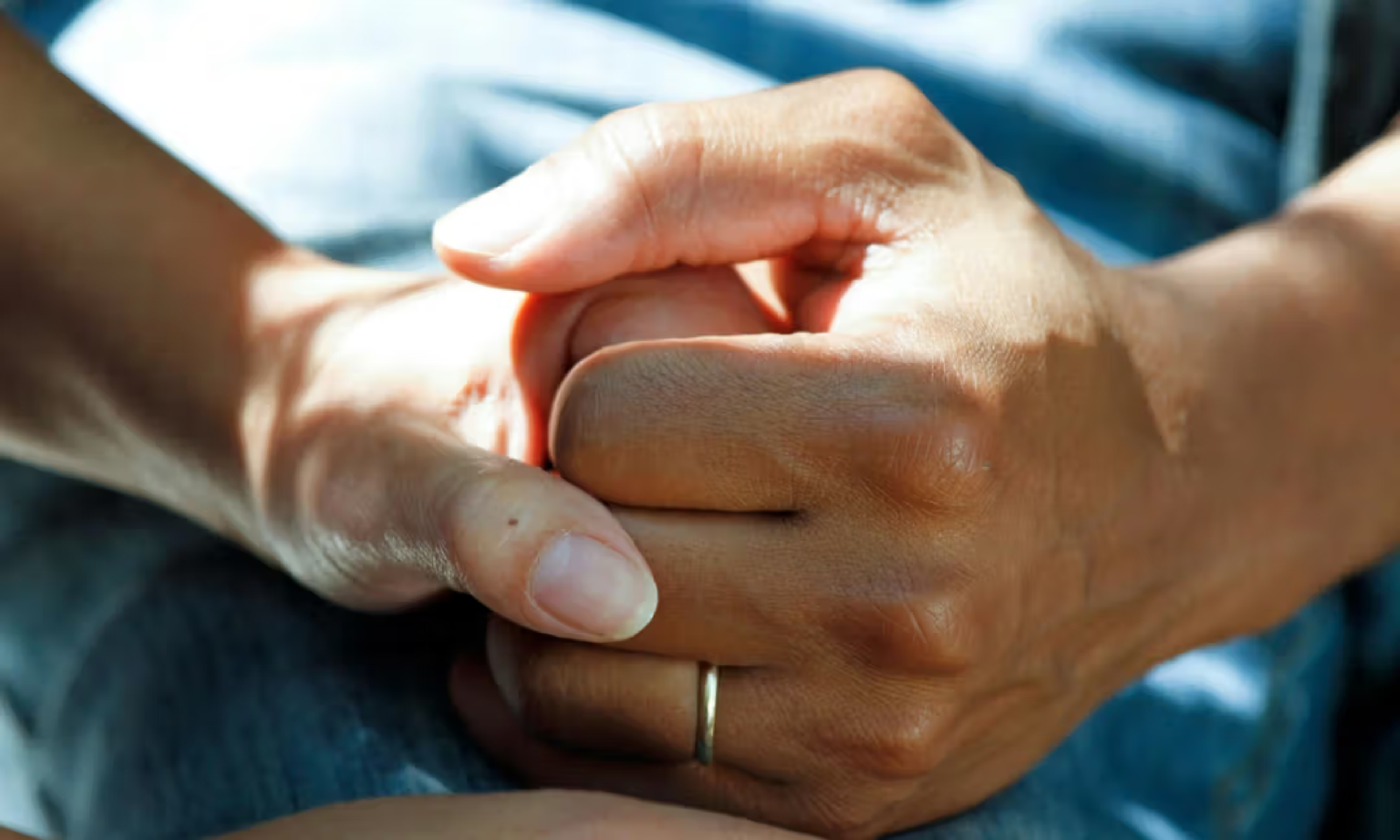
Pacific communities unite to create support against Parkinsons
Photo /Unsplash
Pacific Parkinson’s support network grows amid push to end cultural stigma
A daughter’s journey through her mother’s diagnosis inspires the development of a supportive Pacific support network for Parkinson’s.


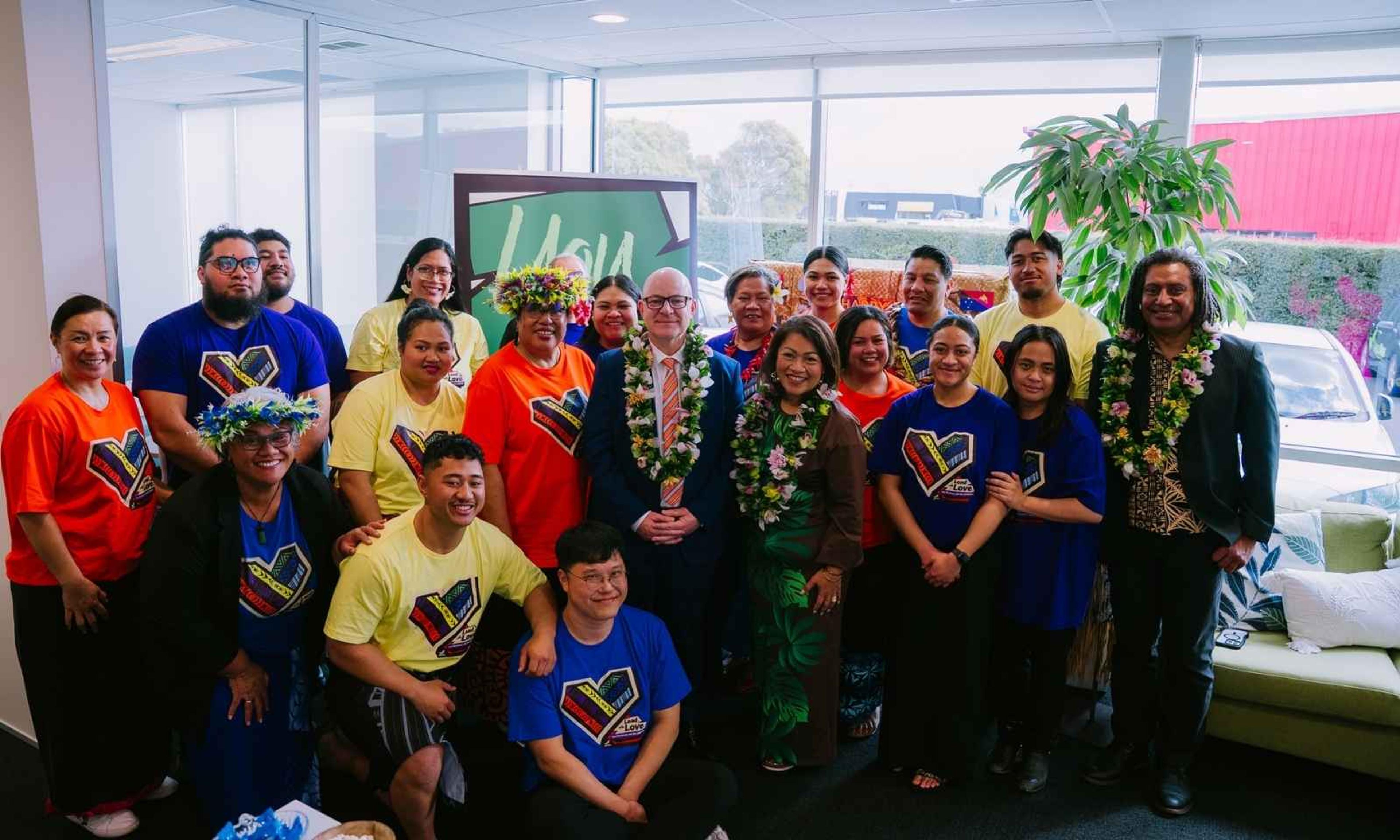
Pokies, stigma and silence: Gambling campaign calls families to Lead with Love

Cook Islands diaspora drives mental health initiative for better care

Dilworth Basketball: A journey of dedication and team spirit awaits NZ School Nationals


Kiwi sports icons back Dame Noeline Taurua amid netball conflict and coaching ouster

Pokies, stigma and silence: Gambling campaign calls families to Lead with Love

Cook Islands diaspora drives mental health initiative for better care

Dilworth Basketball: A journey of dedication and team spirit awaits NZ School Nationals
A South Auckland woman is raising awareness about the deep cultural stigma surrounding Parkinson’s disease in Pacific communities, saying that silence and shame leave families feeling isolated and unsupported.
Jogena Lafo’ou Fatai, whose mother was diagnosed in 2019, tells PMN Tonga that “there are so many people out there, but they’re too embarrassed to come forward.”
Fatai shared her story during an emotional interview ahead of next weekend’s Pacific Parkinson’s Awareness Day, an event aimed at connecting families, educating communities, and challenging long-held cultural beliefs about illness.
Fatai’s involvement in advocacy started after her mother suffered a fall and tore her Achilles tendon. But it wasn’t just the injury that worried the family.
After numerous doctor visits and tests, specialists at Middlemore Hospital confirmed that her mother was showing symptoms of Parkinson’s disease.
“She just wasn’t the same,” Fatai says. “We noticed changes in her behaviour, her movement, everything was becoming more difficult.
“We never really thought anything of it... and then we found out she had Parkinson’s. You don’t expect to hear that.”
The family observed significant shifts in her daily life.
“She started withdrawing from things. She was vibrant, always out there. Then she just started reclining. She didn’t want to join things and started isolating herself and losing friends.”
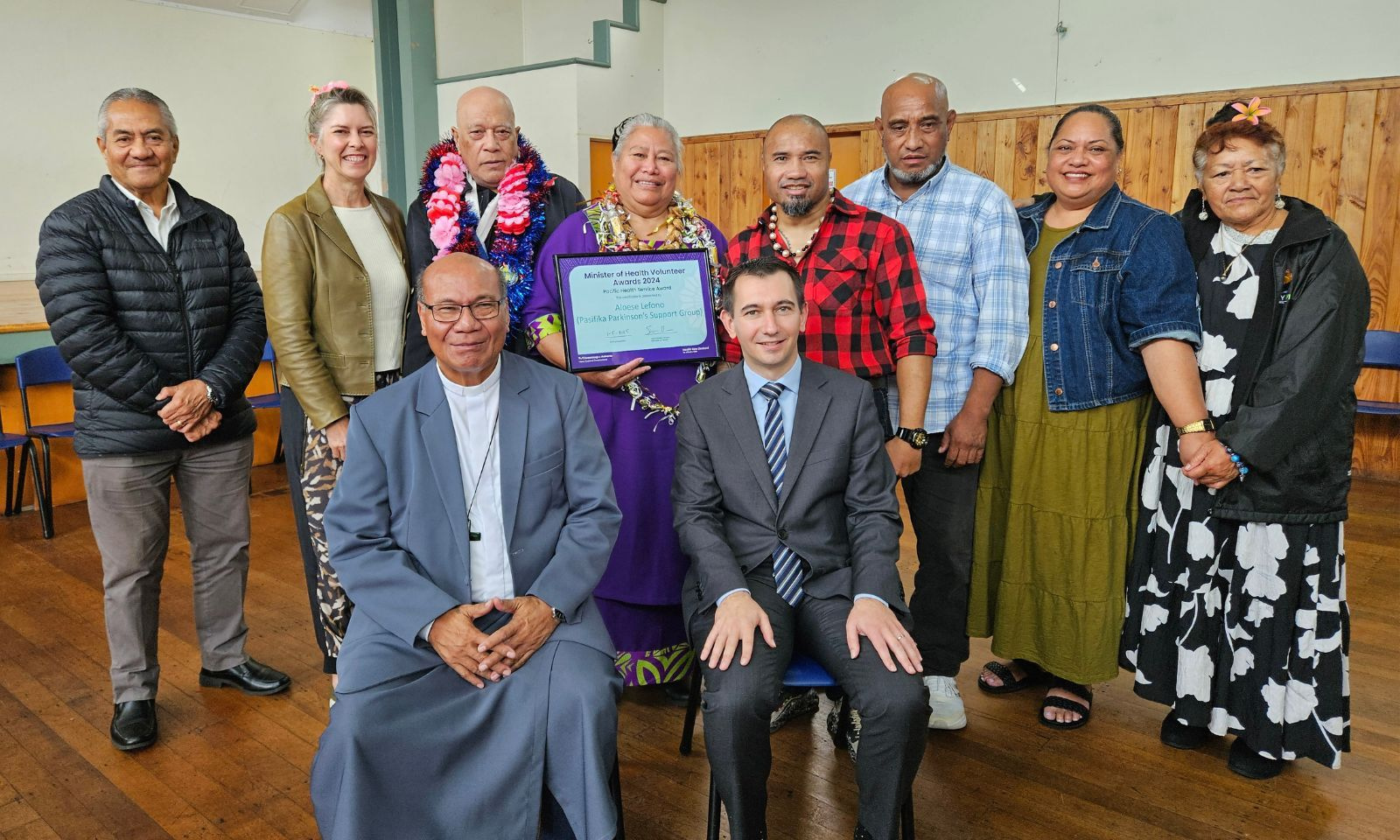
Members of Pacific Parkinson's support group with Health Minister Simeon Brown. Photo/PMN News Mary Afemata
Fatai says the lack of awareness and the cultural silence surrounding the disease made their journey even harder.
In 2019, the family joined what was initially a Sāmoan Parkinson’s group, which was later renamed the Pacific Parkinson’s Support Group to reflect the growing number of families from across the Pacific.
“We tried so hard to find out what we could do because we didn’t understand what this was all about,” Fatai says.
“It actually is amazing because we were able to reach out, and Mum was able to feel like she wasn’t isolated, she wasn’t the only one.”
The group now supports over 20 Pacific families across Auckland and Waikato, including 10 Tongan families and 14 Sāmoan families actively involved. New branches have also formed in West Auckland and Grey Lynn.
Fatai credits the group with not only supporting her mother but also helping caregivers who often feel overwhelmed.
“It got to a stage where we felt as a support group that we needed to also hear what the carers were going through.
“This disease is life-changing in so many ways. It breaks up family dynamics. It has a huge impact.”
She adds that Pacific families often suffer in silence because illness is not a topic they discuss openly. “Our Tongan people, they always hold back.”
The group now conducts pre-meetings specifically for caregivers to share their experience and mental health challenges, providing necessary support, as many carers often feel overlooked and emotionally unsupported, according to Fatai.
Dr Christine Buchanan, Parkinson’s New Zealand’s CEO and educator, and Tongan and Sāmoan health workers, will all speak at the event.
Buchanan has studied the PINK1 gene and discovered that many people from Pacific Island backgrounds, especially Samoans and Tongans, are among those most impacted.
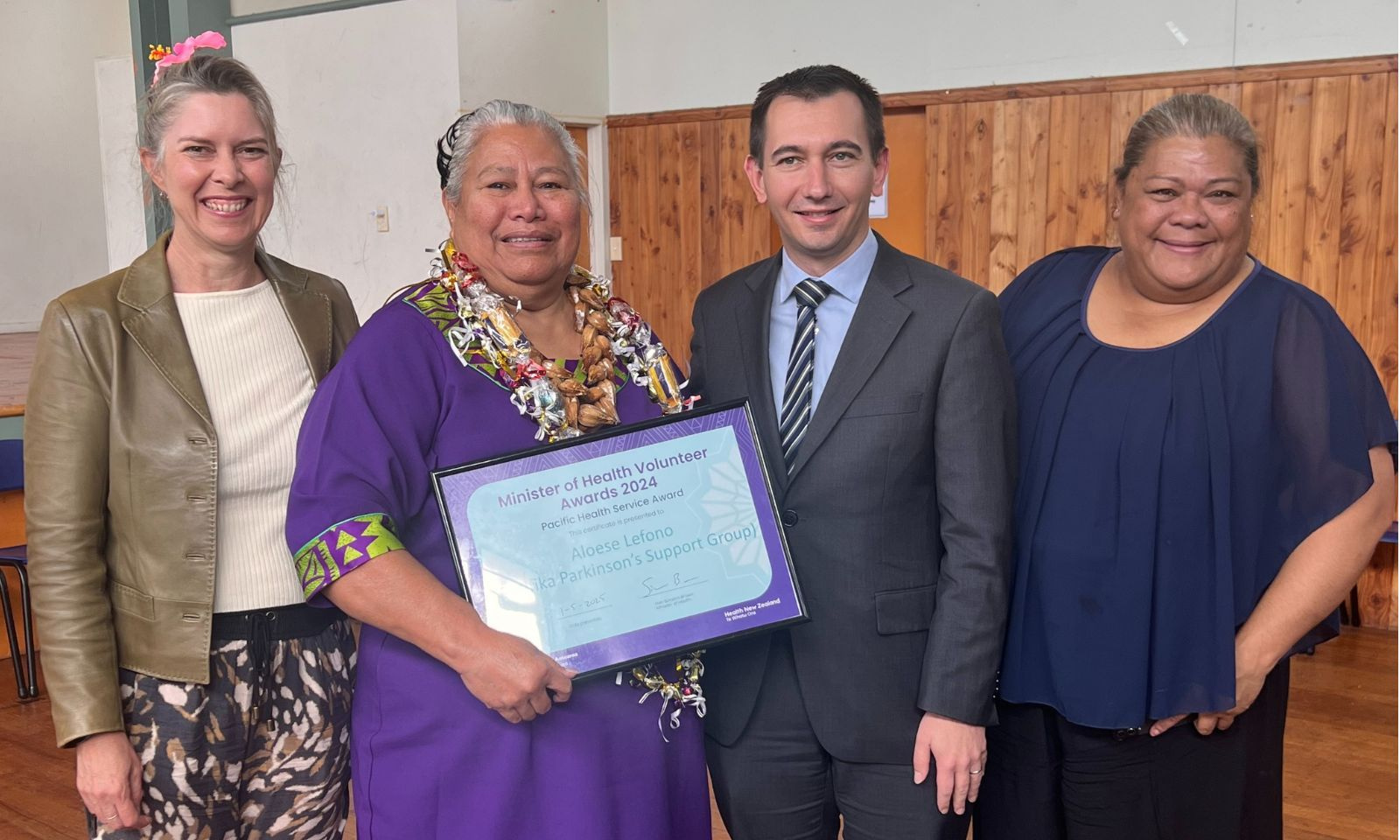
From left: Dr Christina Buchanan, Aloese Lefono a member of the Pacific Parkinsons support group, Health Minister Simeon Brown, and Dr Fuafiva Fa’alau. Photo/PMN News Mary Afemata
“It’s an awareness thing. We want people to know they are not alone.”
Fatai says it’s time to change the narrative and the silence. According to Fatai, providing information helps encourage more open conversations.
“This isn’t just about Parkinson’s. It’s about giving our people permission to speak up, to get help, and to know they’re not alone.”